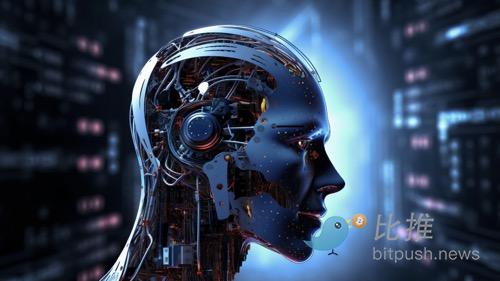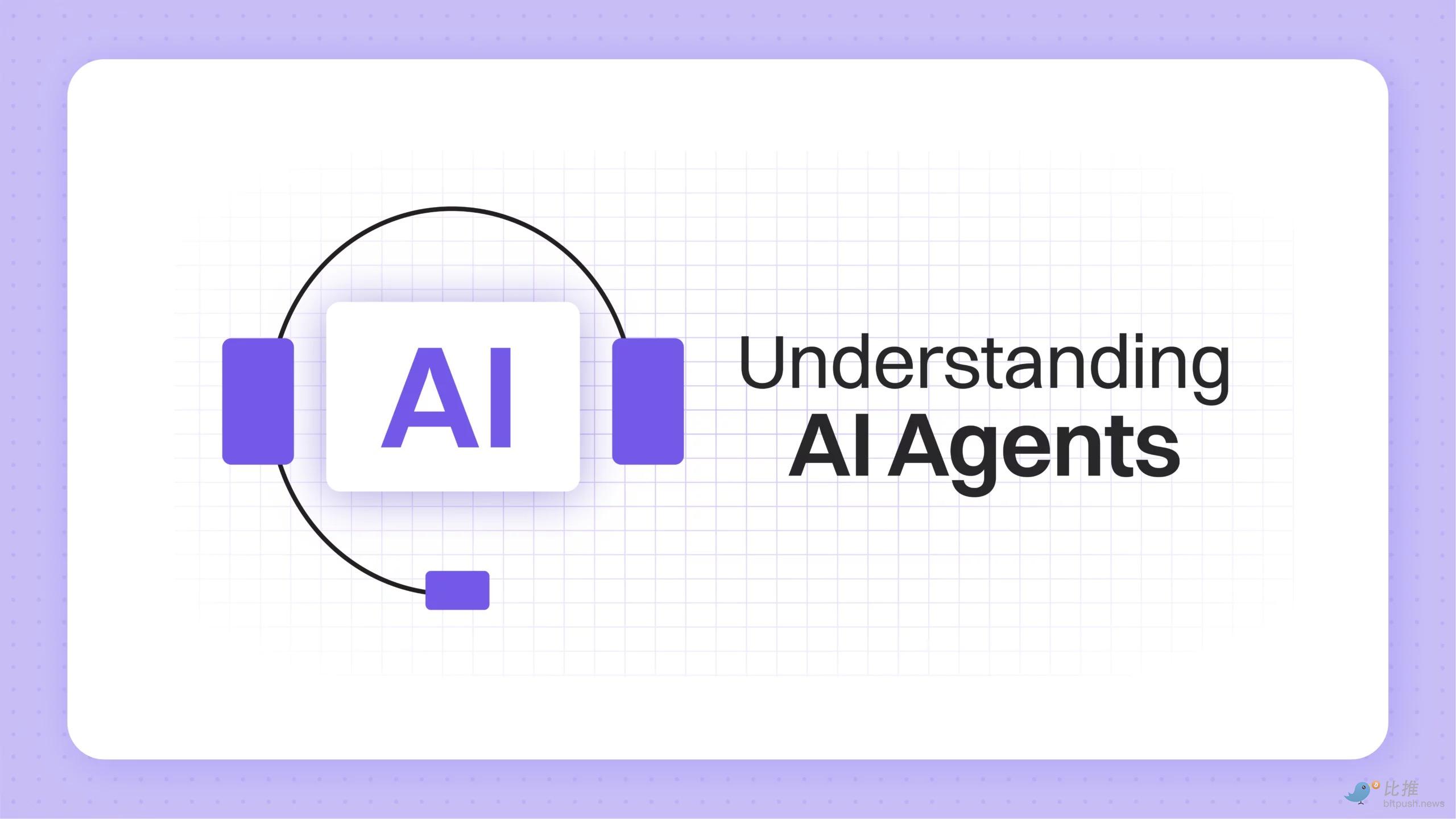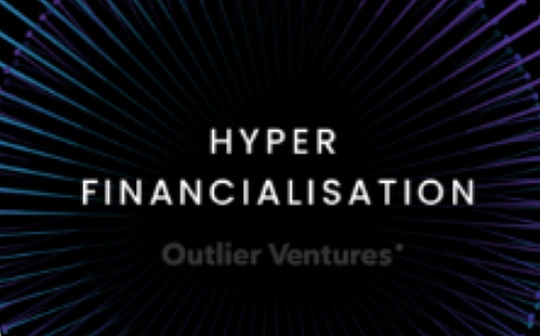How can encryption become super fuel for AI Agents?

Reprinted from panewslab
01/22/2025·4MSource: Bankless
Author: David C
Compiled by: BitpushNews
Agents are making waves across the tech world, but what will happen with encryption and them?
AI Agents—artificial intelligence agents—have recently taken center stage in tech, and not just in crypto, as companies race to invest in software that can see, reason, and act autonomously. These systems, sometimes called autonomous agents, promise to transform daily life—one day, they might plan our schedules, shop online for us, or even build software without direct help from humans.

The emergence of ChatGPT was a turning point that transformed advanced artificial intelligence from a futuristic idea to a widely used tool, proving that these models can learn and adapt in real time. As developers realize that artificial intelligence can do more than just answer text prompts—such as handling tasks like managing calendars or coding—AI Agents have entered the spotlight.
Although still in their early stages, the potential of these systems continues to be recognized. That being said, AI Agents can be difficult to master initially. In this article, we will clearly define them, how agents differ from regular “bots” or “workflows”, and then outline their synergy with blockchain.
What exactly are AI Agents?
AI Agents are dynamic software systems designed to handle tasks with minimal human supervision. They use advanced artificial intelligence tools to process data inputs (such as text, images, or blockchain records) to achieve specific goals. Unlike simpler robots that follow strict, rules-based automation, AI agents bring intelligence, adaptability, and autonomy to their tasks.

Agents are often confused with bots, which are simply automated tools that perform functions according to predefined parameters. For example, a bot might follow a script to send an alert, place an order, or collect data when certain conditions are met, essentially running through an "Action A triggers Action B" workflow. While efficient at repetitive tasks, bots operate strictly by rules set by their creators and lack the ability to adapt or learn.
Agents, on the other hand, leverage advanced techniques such as large language models (LLMs) to understand context, learn from interactions, and adapt to unforeseen situations.
This autonomy allows them to optimize their approach in real time to better achieve their goals, even in a changing environment. By combining automation with intelligence, agents can handle complex tasks that require situational awareness and intent, providing capabilities that go far beyond the limitations of traditional robots.
Over time, this flexibility can allow them to function as personal assistants, financial managers, or autonomous problem solvers across a variety of applications.
How do AI Agents fit into the crypto space?
While this cycle has been touted as the AI x crypto cycle for some time, AI agents in particular have become very popular in our industry.
The 2024 cycle will be marked by the convergence of artificial intelligence and crypto. Decentralized AI may democratize technology, while speculative tokens will flood the market.
While their initial use cases may seem simple, or suggest GOAT or other "chatbots," the synergies between these technologies are proving to be more fundamental. First, since many agents provide services, they also require payments that they cannot use traditional financial infrastructure to receive. For example, opening a bank account or signing a contract often requires meeting with a banker or notary. Since AI agents are not actually human, they do not have passports or any necessary banking documents – making it difficult for them to interact with traditional finance and collect or make payments.
However, encryption solves this problem.
On a blockchain, it doesn’t matter whether participants are humans or software, meaning agents can own digital assets, pay or receive payments for services, or interact directly with smart contracts, thereby solving the problems imposed on them by traditional financial systems. limit. Furthermore, once these contracts are deployed, anyone and anything, including AI agents, can use them. This arrangement contrasts with traditional finance, where each new entity must apply for and receive approval, whereas on a blockchain, users – whether human or artificial intelligence – can access All smart contracts run.
Additionally, since many blockchains turn on open-source protocols, AI agents can potentially have a broader set of tools to integrate with, thereby enhancing them by giving them a broader toolbox to complete tasks on-chain (or even off-chain) autonomy and the potential to expand their impact.
Beyond the economic trajectories required to enable agents, blockchain plays a key role in solving the problem of “black box” artificial intelligence. As artificial general intelligence (AGI) becomes a matter of when, not if, many fear that AI in its current opaque state could create serious imbalances and lead to unintended consequences that pose a significant threat to society. However, by running on a decentralized network, the operation of AI is transparent and difficult to monopolize, providing checks against abuse or single points of failure. Cryptozoology can therefore serve as a safeguard against such actions, making the operations of AI and AI agents verifiable on-chain.
Agency is a big deal
In short, AI agents change the way we think about software and automation by introducing intelligence, adaptability, and independence—expanding the possibilities well beyond the predefined workflows of simple robots.
While agents can operate in dynamic environments, whether involved in planning, trading or interacting with real-world applications, by leveraging blockchain, these agents can overcome the limitations imposed on them by traditional finance, thereby greatly increasing the number of services they provide and Potential to achieve goals. Combined with the transparency of decentralized networks, this convergence of AI and crypto promises to usher in an era where agents can confidently navigate financial services and keep their processes verifiable on-chain. As the capabilities of AI agents and blockchain ecosystems continue to evolve, their synergy will reshape how we handle tasks at scale both on and off the chain, ushering in a future marked by greater intelligence and greater achievement. .



 chaincatcher
chaincatcher
 jinse
jinse